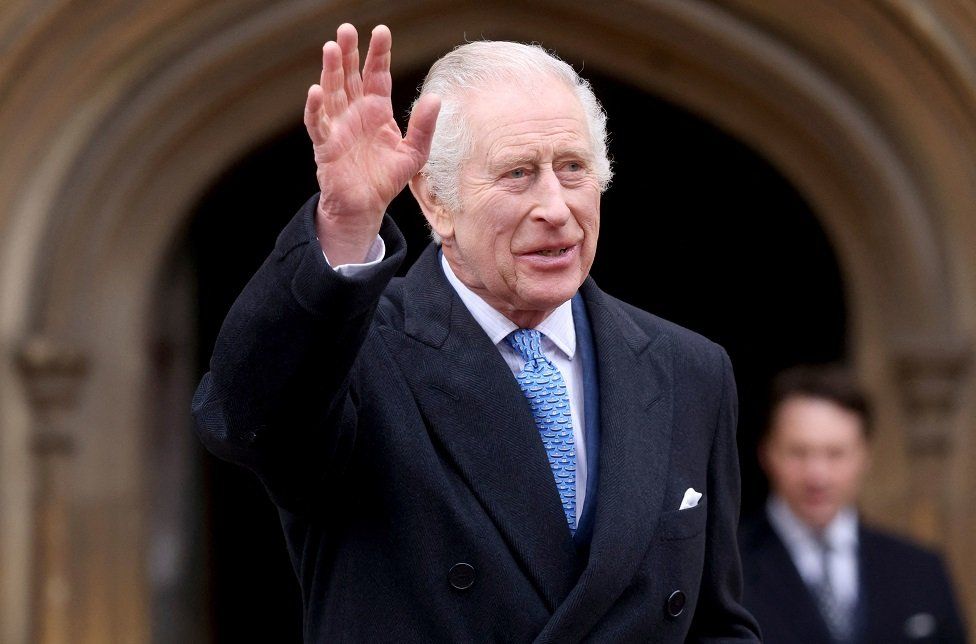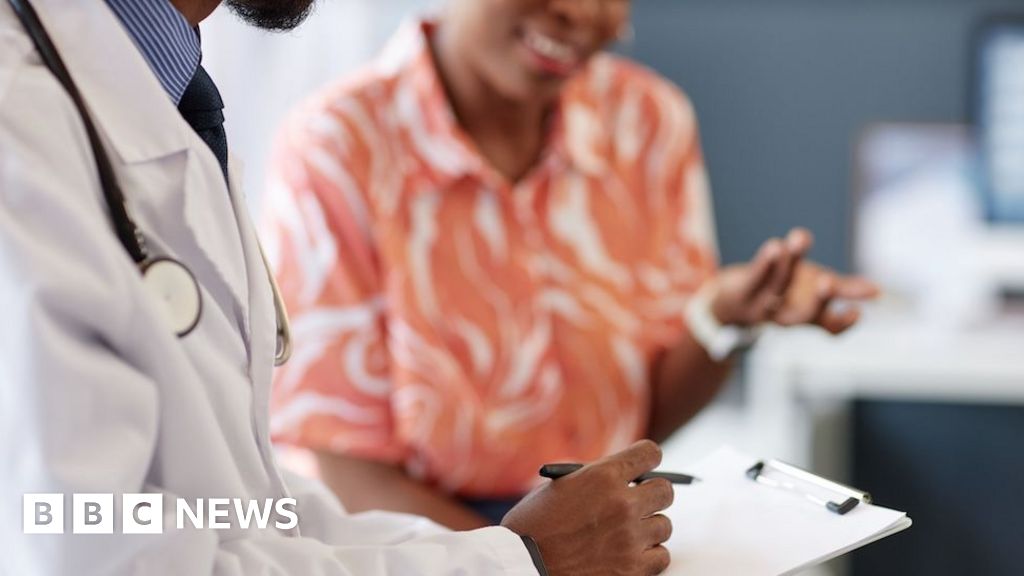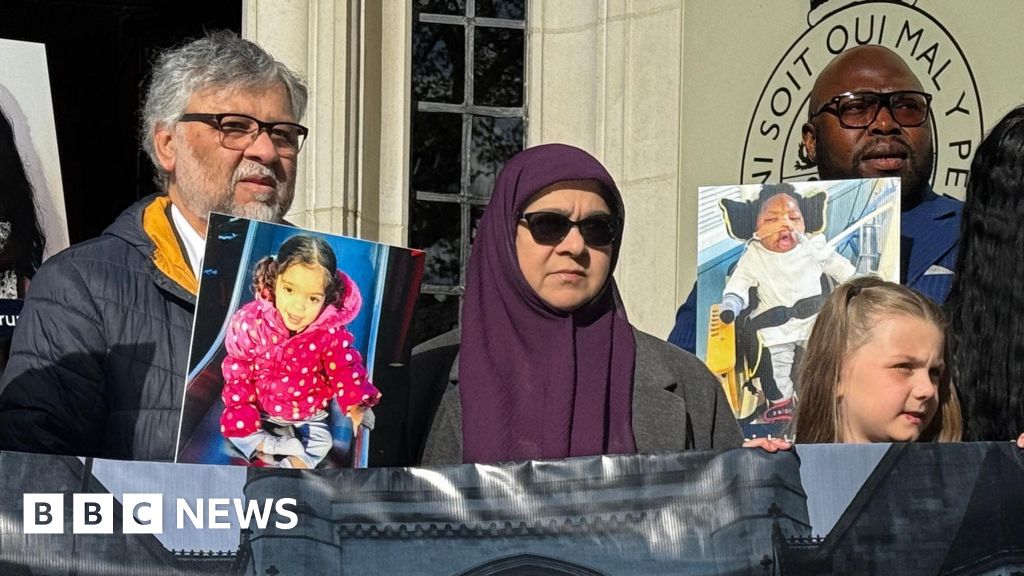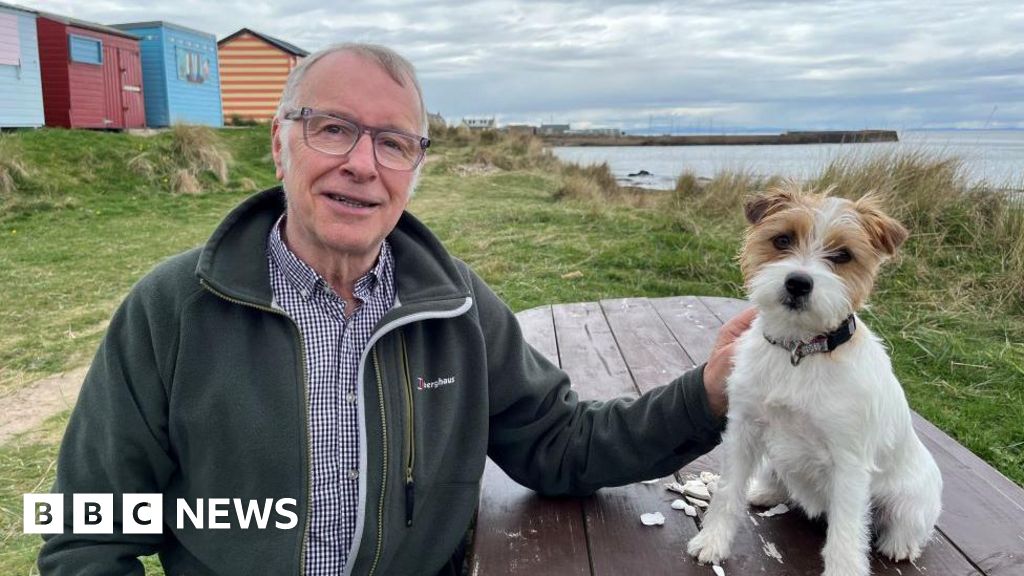ARTICLE AD BOX
 Image source, PA Media
Image source, PA Media
The King greeted well-wishers at an Easter church service on 31 March
By Smitha Mundasad
Health reporter
It has been almost three months since King Charles was diagnosed with an unspecified type of cancer.
At the time the monarch, 75, said he remained "wholly positive" about his treatment and looked forward to returning to public duties as soon as possible.
And although he postponed his public-facing duties, he continued with his constitutional work as head of state, including doing paperwork and private meetings.
He is now "greatly encouraged" to be resuming some public duties while continuing treatment for cancer.
How is the King doing now?
Buckingham Palace's tone is positive.
It says the King's medical team is "very encouraged" about his continued recovery and that his doctors have been "sufficiently pleased" with progress made so far.
Some of his engagements will be adapted, if needed, "to minimise any risks to His Majesty's continued recovery".
For example, he will not take on a full summer programme.
The King, has generally led a fit and active life, with few reported medical problems.
His cancer was discovered incidentally during a procedure for a benign (non-cancerous) prostate enlargement.
As soon as the cancer was spotted he quickly started a course of treatment.
Experts know that catching and treating cancer early gives the best chance of a good recovery.
Is he still having treatment?
The Palace says his "treatment programme" will continue and it is too early to say how long that might last.
It has not given any details about the type of treatment the King is having.
Cancer treatments can come in many different forms.
Some are more intensive - requiring lots of hospital trips - and have more side effects than others. Other ones can be given at home.
There are many different ways of tackling cancer, including surgery, chemotherapy and radiotherapy to remove or destroy cancerous cells.
Often a combination of different approaches is used.
Follow-up care can be very important too - including scans and regular checks.
Some people may receive cancer treatment for weeks, months or years.
This might be to prevent cancer from returning, put cancer into remission or help control the progression of cancer, for example.
Some rounds of treatment can dampen the immune system for a while - meaning the risk of infections can be increased.
Is there a risk the King may be taking on too much?
Buckingham Palace says the King's diary will be "carefully calibrated" as his recovery continues.
His medical team will be in close consultation and make sure he gets all the treatment he needs. They won't want any of his duties to hinder that progress and his engagements can be adapted, if necessary.
Cancer, and the treatments given to stop it, can cause extreme tiredness or fatigue. And that can vary throughout the day, with each day being different.
What type of cancer does the King have?
The palace has not disclosed details about the type of cancer the King has but has said it is not prostate cancer.
Like any patient, medical details are private.
Buckingham Palace says: "His Majesty is greatly encouraged to be resuming some public-facing duties and very grateful to his medical team for their continued care and expertise."
What is it like to live with cancer?
The King joins the legions of people around the world living with cancer. One in two people in the UK develop some kind of cancer during their lifetime.
It's a diagnosis that impacts not just your health but your social, family and working life too.
After taking some time off, His Majesty will shortly return to public-facing duties.
Notably, his first visit next week will be to a cancer treatment centre.
He now understands first-hand what living with cancer can entail, although the journey is different for each individual affected.
His may not be the typical story, but he says he is deeply grateful for the kindness and good wishes he has received since going public about it.
There is practical support and information out there for people trying to navigate their way, juggling cancer treatment alongside all the daily responsibilities of life, like paying the bills.
Emotional support is vital too. You may want to talk to someone you know well - a partner or friend - or perhaps someone you do not know so well, like your doctor or a specialist nurse. Some organisations such as Mind and MacMillan can offer this type of support too.

 11 months ago
71
11 months ago
71








 English (US) ·
English (US) ·